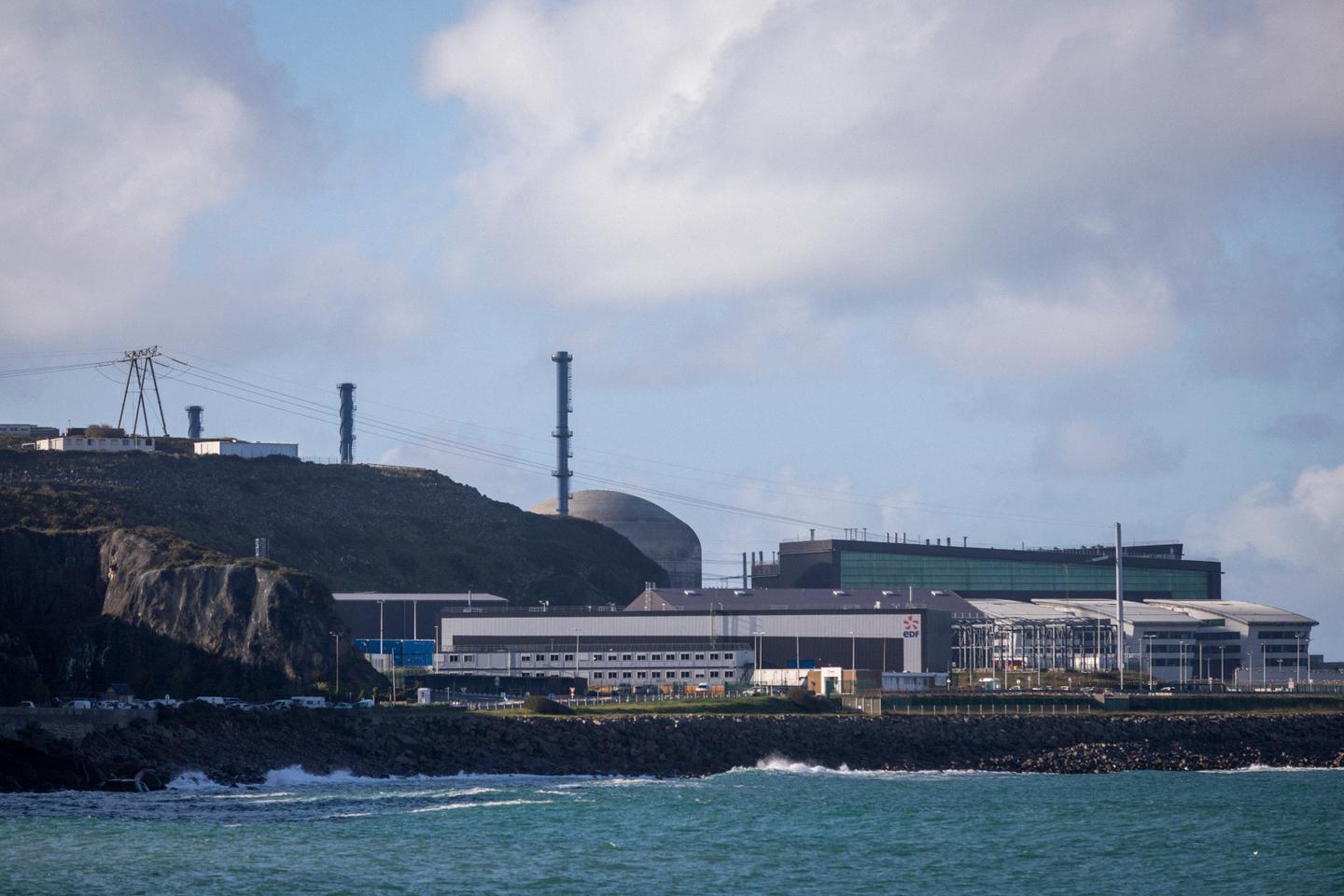Summary
France’s Flamanville 3 nuclear reactor, its most powerful at 1,600 MW, was connected to the grid on December 21 after 17 years of construction plagued by delays and budget overruns.
The European Pressurized Reactor (EPR), designed to boost nuclear energy post-Chernobyl, is 12 years behind schedule and cost €13.2 billion, quadruple initial estimates.
President Macron hailed the launch as a key step for low-carbon energy and energy security.
Nuclear power, which supplies 60% of France’s electricity, is central to Macron’s plan for a “nuclear renaissance.”



Funny you mention market zones. They are an eu invention and we are forced to match prices because Germany can’t pull they’re own weight in the energy market.
Not to mention that the eu mandated market zones only applies when you aren’t Germany, because of reasons.
I don’t see yet how one would arrive at that conclusion regarding EPEX. Please explain.
Germany doesn’t have market zones. Cause it isn’t in their interest to have them.
I’m counting nine countries though that don’t have market zones:
And I’m not sure yet how high prices (or rather not high prices at the time of the screenshot) in southern Sweden are linked to Germany not being separated into more than one zone. If Sweden could transport their energy from North to South, the South would be able to use the cheaper energy from there, but apparently that isn’t possible at the moment.
The main issue isn’t transport. Its the fact that we are mandated to sell the excess to EU before we take care of our own.
That doesn’t really work that way and there is no forcing involved. Capacity is sold by the power plant operators and bought by the power companies who resell it then. As long as neighbouring zones pay more than Southern Sweden, power plant operators in Southern Sweden will sell their generation capacity at that higher price because they are not a charity but for profit companies.
Now, grid operators in Southern Sweden could show them the middle finger and buy capacity from Central Sweden, but that’s apparently not possible because not enough power lines exist to actually transfer the energy from there. So, grid operators in the South are stuck with the higher prices that someone else pays as well.
And even if you just want to blame the Germans for everything, check the distribution of exports from the South Sweden zone before making that claim: https://app.electricitymaps.com